What's in a Badge?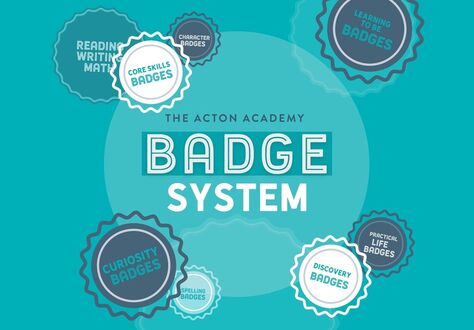 Sending your child to Acton Academy Lincoln means that they’ll be developing skills that can’t be easily quantified — things like self-management, self-governance, character, high-level communication skills, learning how to learn and taking opportunities to dive deeply into areas of your greatest passions and gifts. Badges (rather than traditional grades or report cards) are a way to showcase this work. It is their most important function. Additionally, badges at Acton allow us to translate accomplishments into a traditional transcript so that our learners can compete with their peers in “college prep” environments if they so choose. Check out this quick 2-minute video to see what a group of learners at Acton main want parents to understand about badges! HERE IS A PARENT’S “CHEAT SHEET” TO BETTER UNDERSTAND THE BADGE SYSTEM AND PHILOSOPHY AT ACTON: So… what is a badge? While the size and scope of the complete badge plan varies in size & scope from our Spark Studio to our upper studios, the basics of a badge itself doesn't change! Think of it as a long-term effort focused on a particular discipline. Each badge is a process. There’s a large quantity of work to be completed (usually broken down into a number of "challenges") and a process in which that work is reviewed several times by several people. (This review process becomes more important and a lot more intense in the upper studios!) In traditional academic language, a badge is comparable to completing a course. But, instead of getting a grade, a badge is awarded only when excellence is achieved. How is a badge earned? We are a competency-based learning environment. Mastery is the goal. Lions work until they master their learning goals. Then, they progress to the next level. If a badge is not completed, the grade is “Incomplete.” This is why (especially in the upper studios) that last sprint to compile their work after completing the requirements of a badge is so critical to the Lions. It is the final step and is the proof of their hard work. And this is where our parenting support comes in most fruitfully. The place where we can give the most encouragement to our children is in the compilation stage of the badge experience. For example, when all the required work for a badge is done, the badge is not yet achieved. It must be compiled and submitted. Ask your Lions about whether or not they’ve planned time to compile this work for badge approval; then check in on their progress; ask if they are excited about the work or worried they missed something. Finally, celebrate the hard work of compiling the badge. What about transcripts? Translating the work of a completed badge into traditional course content is necessary and is part of our learning design. For example, a traditional school’s “English 9” in high school equates at Acton to 6 communication projects, 4 deep books and 1 No Red Ink badge (yes - that's 11 badges!). Each Lion at Acton has a badge plan that clearly maps out a learning plan that far exceeds the core requirements of high school graduates for acceptance to competitive colleges. To be clear: At Acton the completion of a badge = mastery = A. What's more, if a college admissions officer were to ask to see the work behind a letter grade on a transcript, our learners would have the opportunity to truly shine! Beginning in the Adventure Studio, each Lion begins creating a portfolio - a collection of excellent work from each and every badge achieved. This work goes above and beyond what is required from traditional courses in middle schools and high schools across America. What else do Badges show? Unfortunately, the most important accomplishments at Acton such as Apprenticeships, Leadership, Project Management and Quest Creation don’t translate easily under traditional academic subjects like Math, Science, History and English, but badges present an important way to both see and celebrate this kind of growth. In order to move up (to the next studio or to graduate), every Lion at Acton is expected to earn a certain set of badges. This "badge plan" covers traditional academic subjects (For example they might have badges for reading drawers, badge books, Khan or Beast Math) but it also includes a certain set of quest badges, leadership-focused badges and various other types. This means that some badges have very straightforward requirements (for example - complete the yellow reading drawers or achieve 100% Mastery of Algebra on Khan) but others are more nuanced - Lions might need to earn a certain average of weekly points over the course of a session, be elected to a leadership position, or lead a certain number of discussions. (In our studios using Journey Tracker, all of this is spelled out in detail in each individual badge!) At Acton, we don’t believe that everyone must do this at the same pace or level. We know that it will take a unique amount of time and growth for each person to be able to hit these standards. But we believe that every child is a genius, and fully capable of doing the work in order to earn more freedom. That’s what Acton is all about. Progress in each of the learning categories (learn to learn, learn to do, and learn to be) will be reflected in every Lion's badge plan. In addition, all learners work within a badge plan that typically spans 2-3 years of work. This approach offers choices and empowers them to work more effectively at their own pace. It also helps eliminate the illusion of “I am done with all of my work” - there's always the next thing to move on to! Badges are about excellence and taking the time to unlock true potential! Some people believe that instead of requiring every learner to complete the same amount of work with the same level of quality, some should be allowed to do less work and lower-quality work. But what this mindset is really communicating is that ‘You are incapable. You are lesser. You aren’t required to do this because we believe you can’t do it.’ According to this idea, if a learner struggles with math, or has a lot going on outside of school, or says they are a ‘bad writer,’ or just doesn’t care, they shouldn’t have to do the work required of others. Let's face it, in today's public school system, you can essentially go through middle school and high school turning in poor work or doing very little work at all and still graduate. But this is not how the real world works. If we want to be prepared for our true Hero’s Journeys, we cannot be accustomed to being pampered or making excuses. In the real world, success depends on getting the job done well. You have to be willing to work hard and hit standards. Results matter. Badges and badge plans allow us to both hold extremely high standards for our community while at the same time recognizing that individuals develop at different rates. By Laura SandeferThis blog post was originally post on Laura Sandefer's blog - On Being an Acton Parent - and adapted for our use here at Acton Lincoln. Current Families are encourage to check out/ take on the Leonard Mastery Badge for a deeper look at Mastery based learning:
0 Comments
Projects for the Real WorldQuests are real-world projects to master 21st-century skills. Usually lasting four- to six-weeks, each Quest includes a series of challenges bound by a compelling narrative and is designed to deliver 21st century skills while simultaneously incorporating traditional topics like science, social studies, and history. Ingredients of a Successful Quest
When do Quests Happen?
How is progress measured?
Curriculum is a 4 letter word at Acton, but that doesn't mean we aren't intentional about learning designI've already spoken at length about how the word Curriculum is a 4 letter word at Acton. And though it may seem trivial, I would argue the difference between Curriculum & Learning Design is just as vast as the difference between Academics & Education. "Curriculum" stirs up feelings of administration staff, who have never worked a day in a classroom, selecting textbooks from a list of suitors all trying to sell their version of "what children need to know" in this specific subject at this specific age. For me, it implies something that's being chosen for you and done to you and is in no way learner-driven. "Learning Design" on the other hand is simply a series of invitations, challenges, and questions designed to peak your curiosity and actively engage you in the learning process. I also tell every family that tours Acton - "We are NOT an Academically driven school, rather we are a Learner-Driven Community that emphasizes character development and leadership (Learning to Be)." But just because we don't emphasize Academics doesn't mean we don't see Math, Reading and Writing as foundational skills needed to lead a successful life. We still believe in Learning to Do & Learning to Learn (Education). That said, we also believe we don't need to artificially push a child along, label them as ahead or behind, or add pressure to learn a specific skill by a specific age. We believe every child who enters our doors possesses the ability to learn these skills on their own and at their own pace. We desire to see learners establishing a true LOVE of learning, then continuing to take on more and more challenging work overtime. The idea of focusing on MORE than simply academics can most easily be summarized in three words: Whole Child Development. Yes, Math and English are important pieces of the learning design, but they certainly are NOT our only focus: Shifting gears slightly, here are some very brief thoughts on the more academically driven pieces of our Learning Design:
My hope is this blog post gives you a glimpse behind the curtain of our learning design. (Even my wife, Heidi, said she learned something new in proofing this blog!). We are always assessing and adjusting as we continue to learn more from everyone in the network.
This constant state of assessing and learning is also why we changed math software this year. Dreambox wasn't as fun & engaging, nor did it provide the immediate feedback loops for self-correction like Beast Academy. Plus Beast is actually far more comprehensive in nature too with built in instructional videos for when learners get stuck. Beyond that, we are able to lean on the Acton network here too, Beast came highly recommended from the network/ learners at other Actons which made the decision easier for us. We didn't even have the space to touch on things like independent reading, handwriting, typing, foreign language, PE, Servant leadership badges, our outdoor program, or really any of the Learning to Be & Learning to Learn concepts in the "Whole Child Development" graphic above. All of which play a VITAL role in the overall learning design and badge plans of each of our learners. My questions for you are,
My challenge for you, should you desire to dig deeper on our Learner-Driven Learning Design is to complete one or more of the Learning Design Family Badges. There are badges for parents to learn more about: Writing at Acton, Quests, Excellence, Mastery, and more! Onward! zh What do we really mean by |
| At Acton Academy we promise Heroes will find a calling that will change the world by:
The final “learning to be” promise means finding ways through difficult challenges and decisions to deeply etch habits of positive character traits into each soul, while rubbing away the negative habits that take away from who we are destined to become, if we want to reach our full potential. |
Acton Academy’s Learning Philosophy is:
Learning to do means making practical decisions in the real world to accomplish great tasks, as a way to change the world.
But however important the tasks of learning to learn and learning to do, the most important part of finding the Grail in the Hero’s Journey is not the Grail itself, but how the hero is changed in the process. This is the essence of learning to be.
We want Eagles near the end of a successful, satisfying and fulfilling life to have answer to three important questions:
Variation Across Studios
In the Elementary Studio, much of the “learning to be” impact comes from hero stories, working together in curiosity-filled quests and “learning to be” badges, supported by Full-Circle Feedback from peers.
In the Middle School Studio, 360 feedback and Hero Bucks become even more critical for earning additional freedom and responsibility through Freedom Levels, all supporting the habits of self-management and self-governance, as recorded in Servant Leader Badges.
By Launchpad, many of the most important “learn to be” habits are deeply embedded, and increasingly put into action in lower studios through Servant Leader badges, while attention shifts towards who Launch padders will become in their “next great adventure” in the real world.
- Clear thinking leads to good decisions,
- Good decisions lead to the right habits,
- The right habits lead to character and
- Character becomes destiny.
Learning to do means making practical decisions in the real world to accomplish great tasks, as a way to change the world.
But however important the tasks of learning to learn and learning to do, the most important part of finding the Grail in the Hero’s Journey is not the Grail itself, but how the hero is changed in the process. This is the essence of learning to be.
We want Eagles near the end of a successful, satisfying and fulfilling life to have answer to three important questions:
- Did I contribute something meaningful?
- Was I a good person? and
- Who did I love and who loved me?
Variation Across Studios
In the Elementary Studio, much of the “learning to be” impact comes from hero stories, working together in curiosity-filled quests and “learning to be” badges, supported by Full-Circle Feedback from peers.
In the Middle School Studio, 360 feedback and Hero Bucks become even more critical for earning additional freedom and responsibility through Freedom Levels, all supporting the habits of self-management and self-governance, as recorded in Servant Leader Badges.
By Launchpad, many of the most important “learn to be” habits are deeply embedded, and increasingly put into action in lower studios through Servant Leader badges, while attention shifts towards who Launch padders will become in their “next great adventure” in the real world.

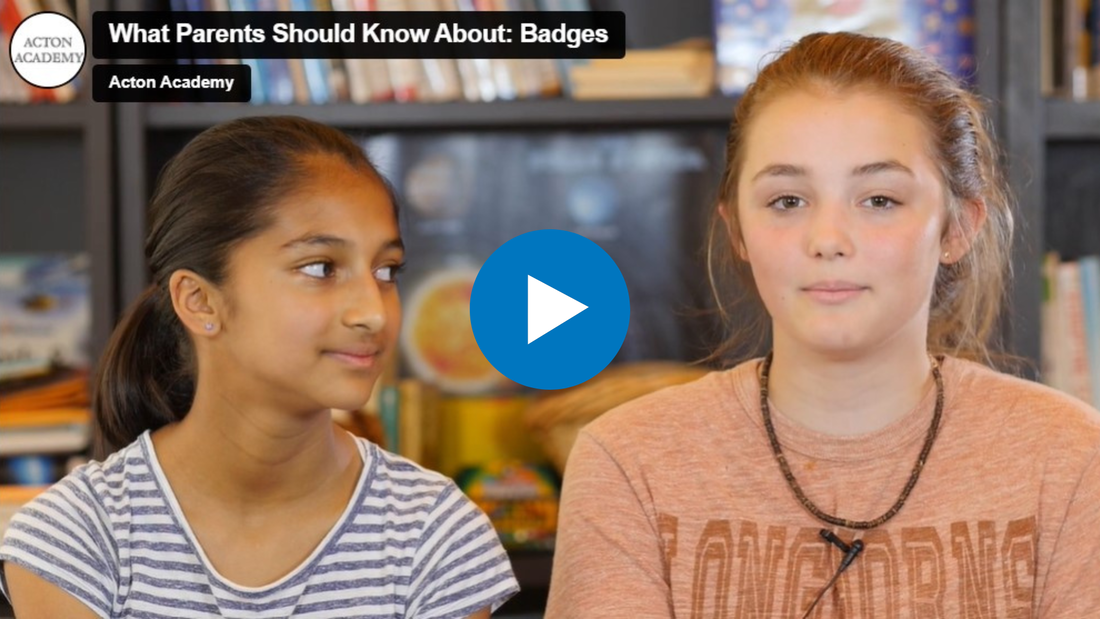
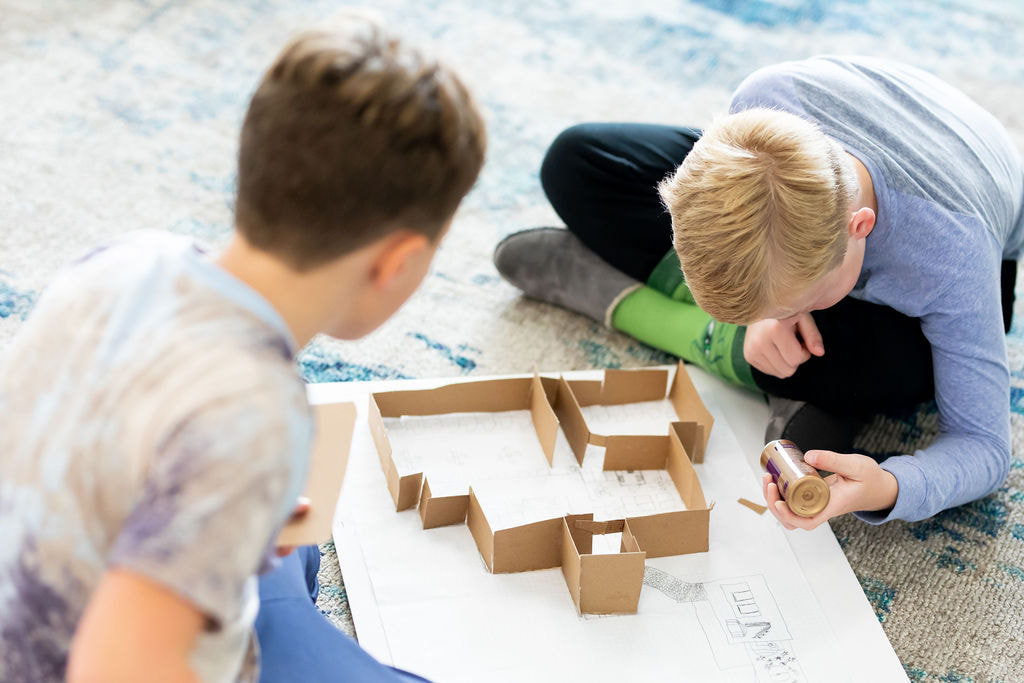
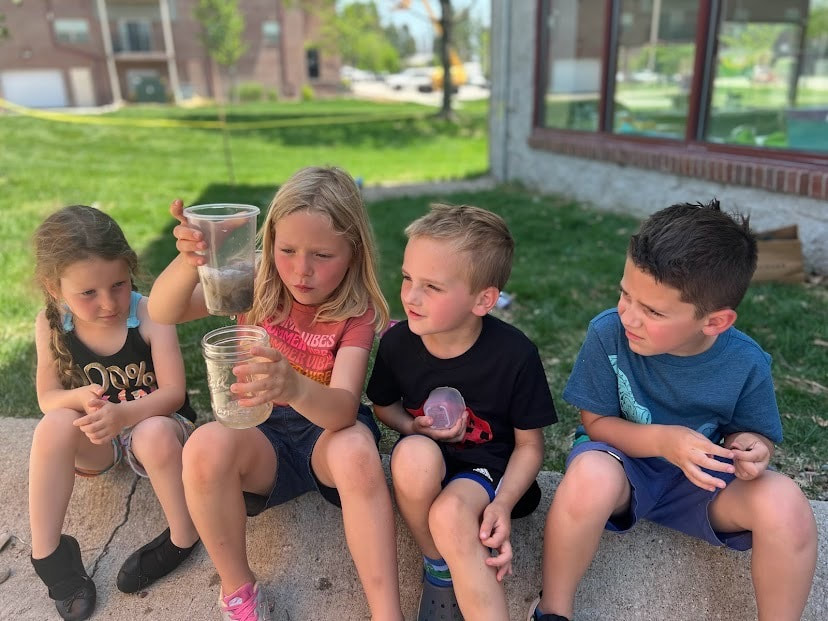
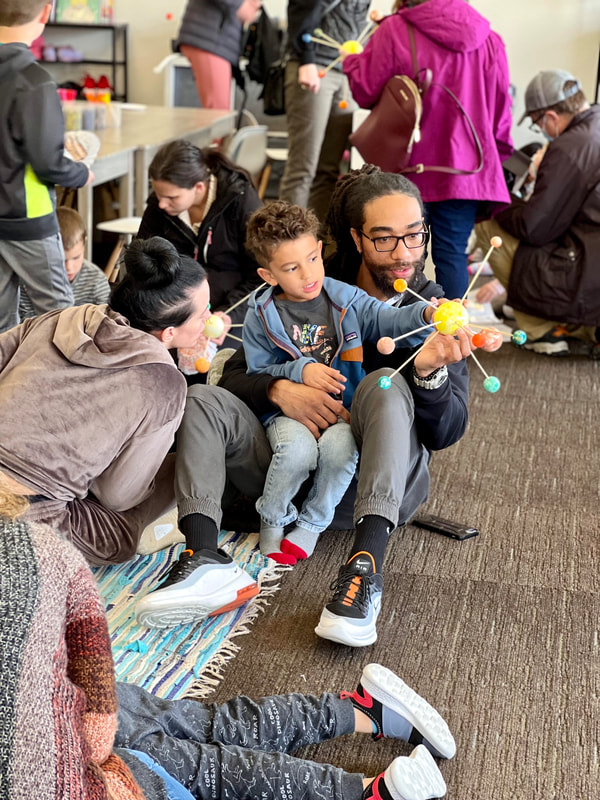
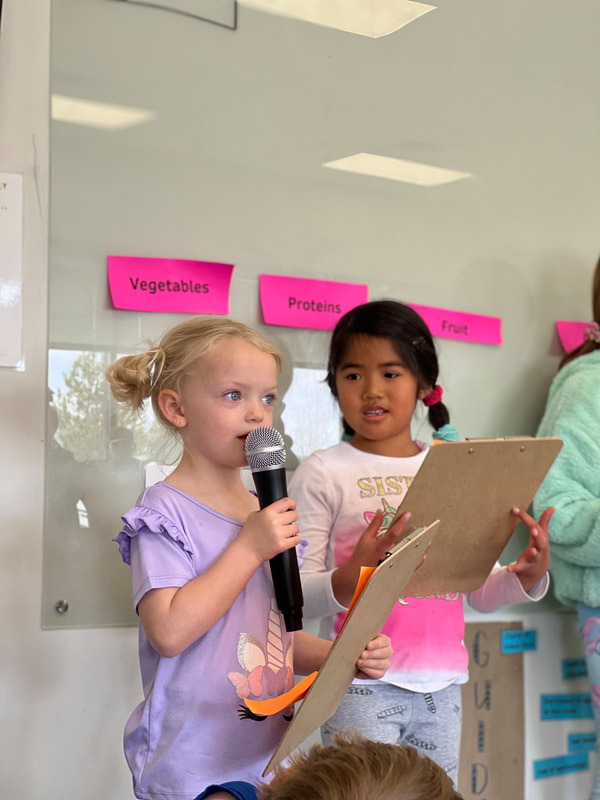
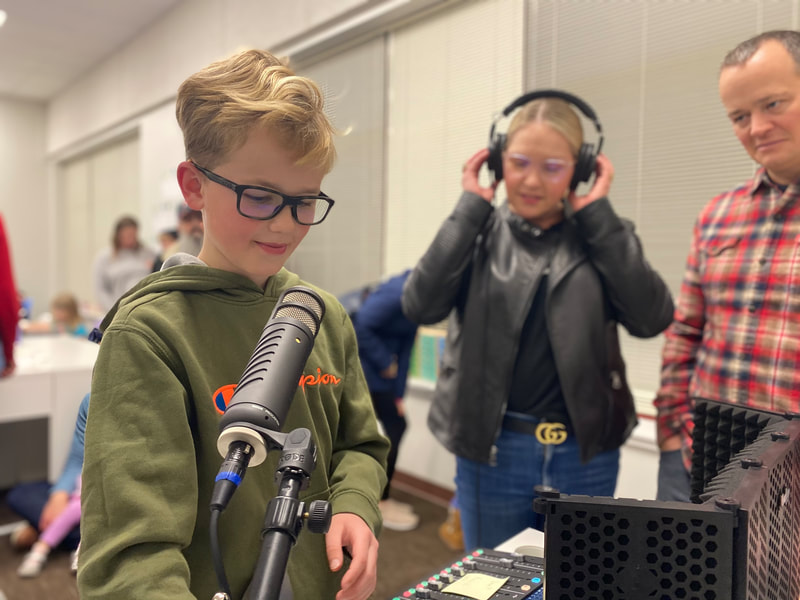
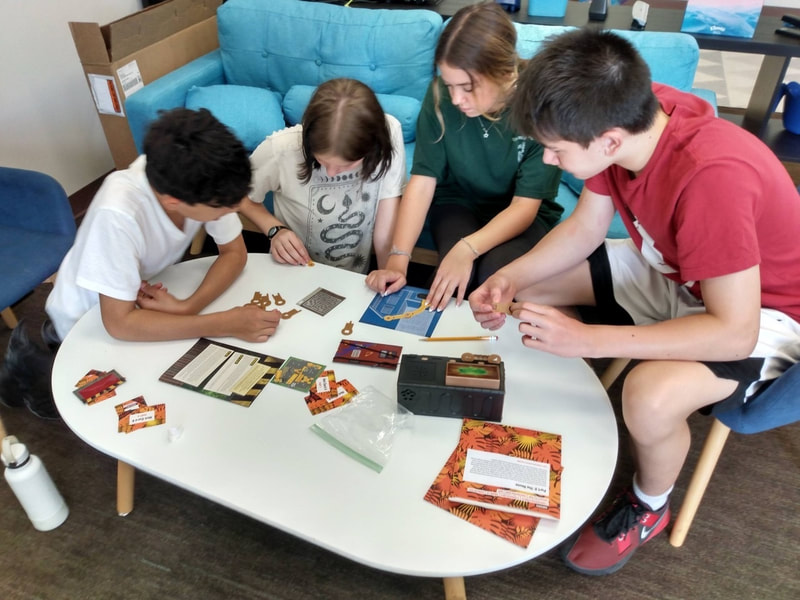

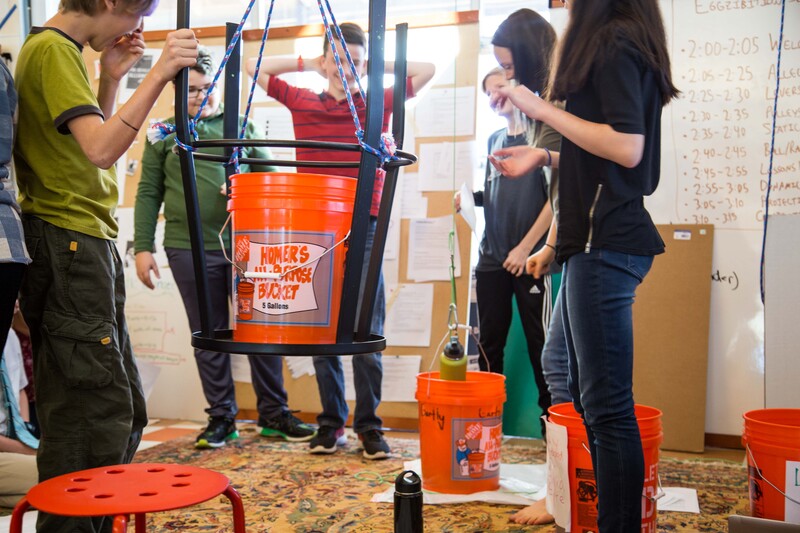
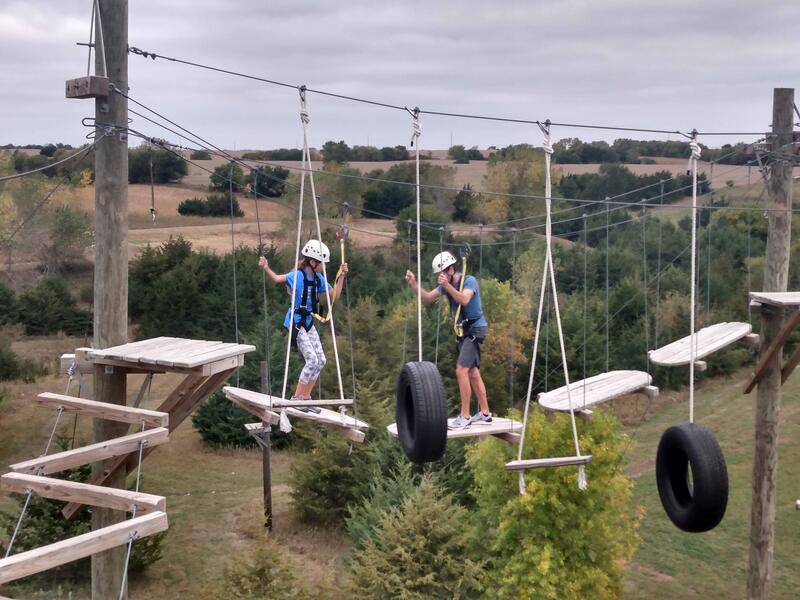
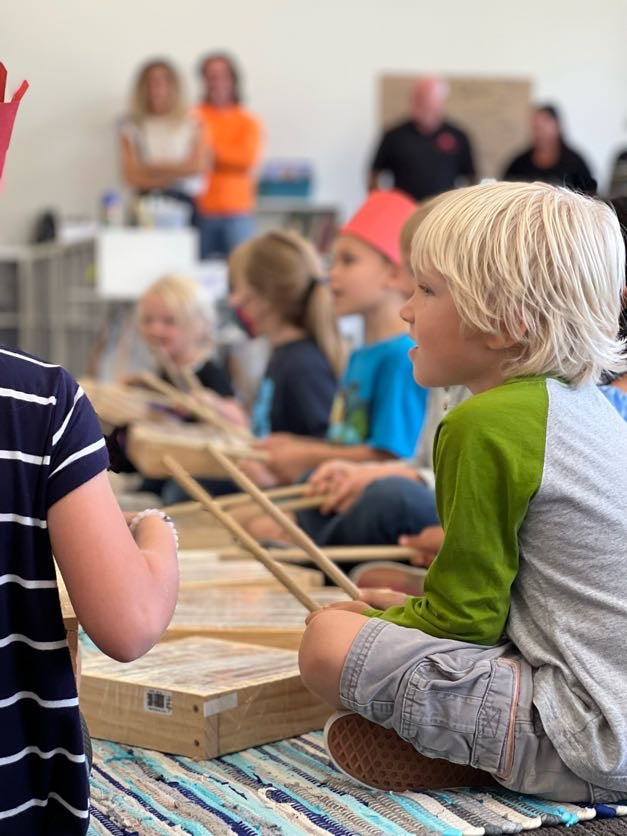
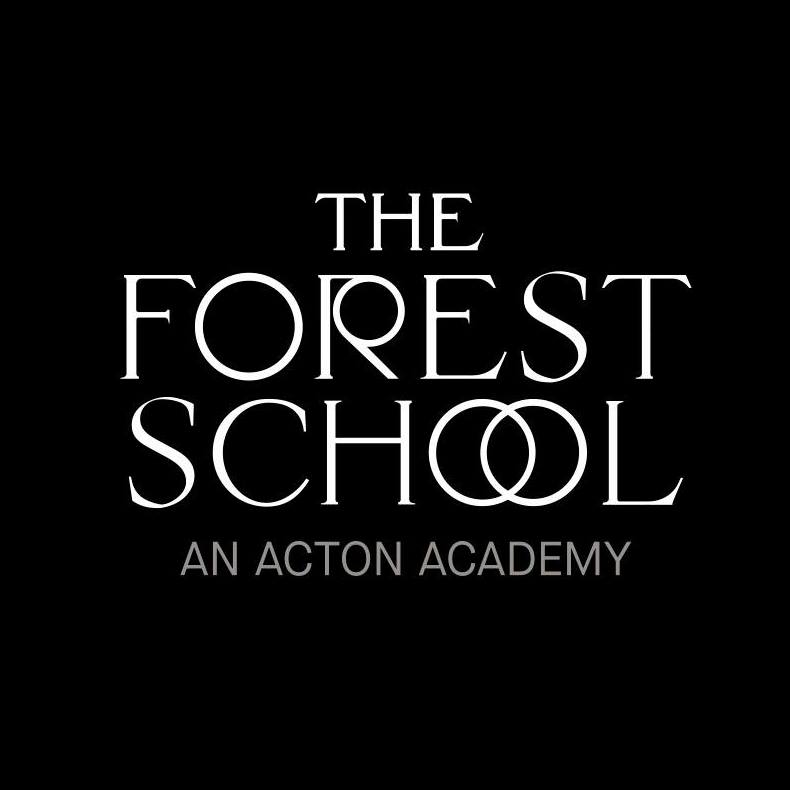
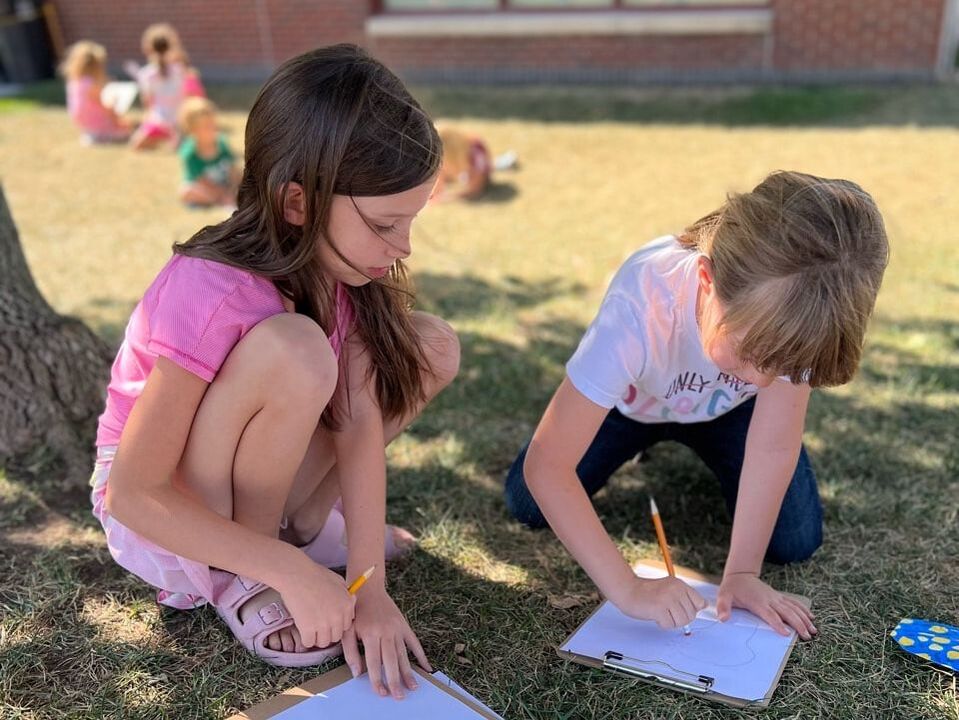

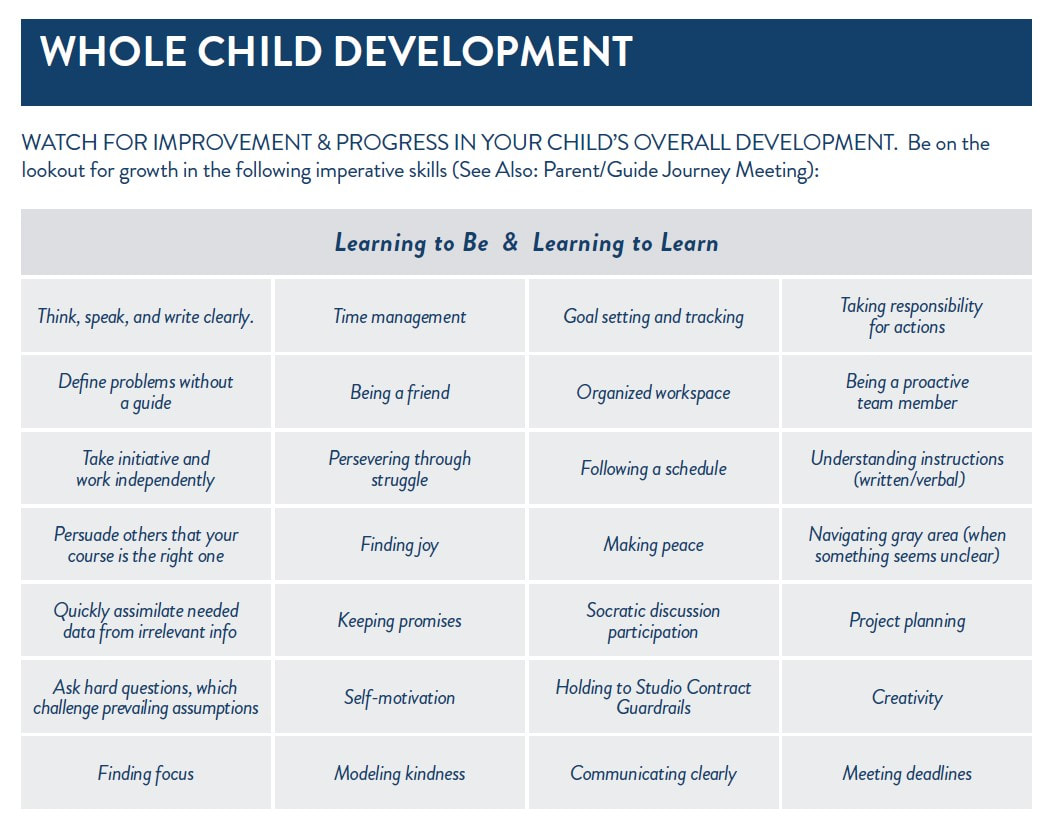
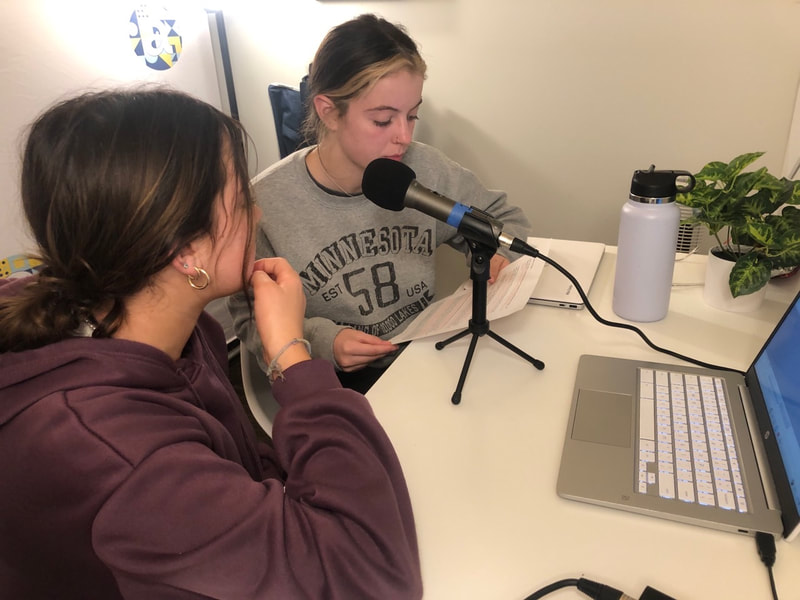
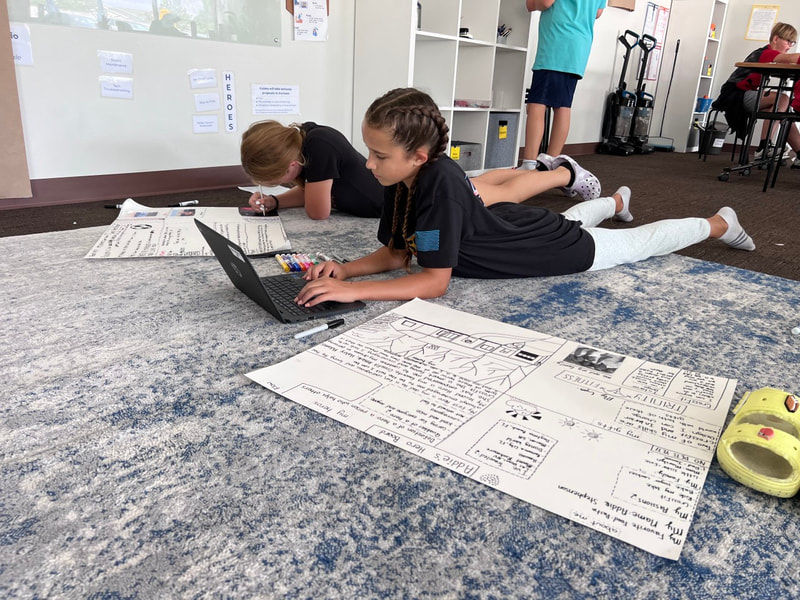
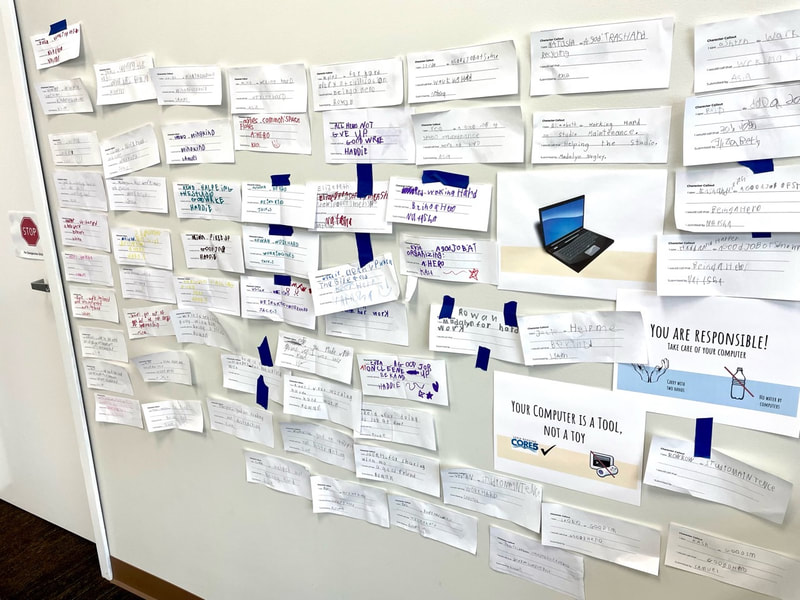
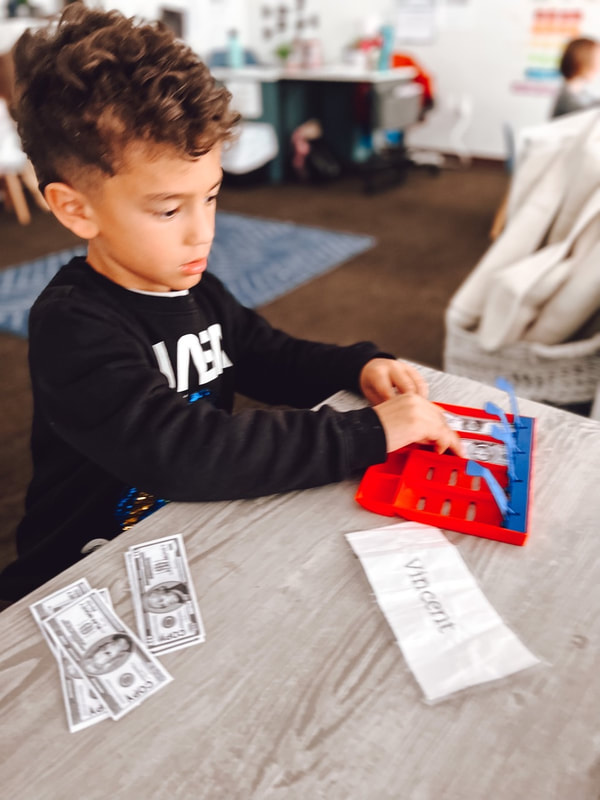
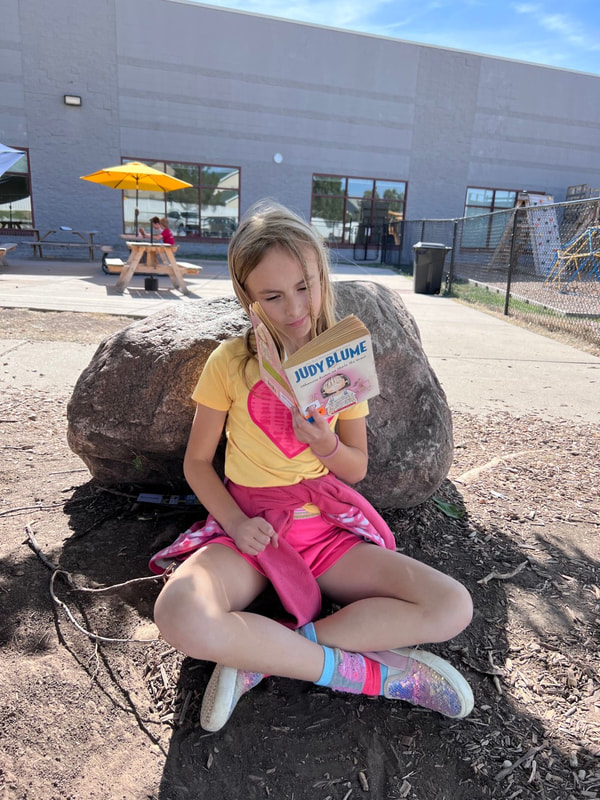
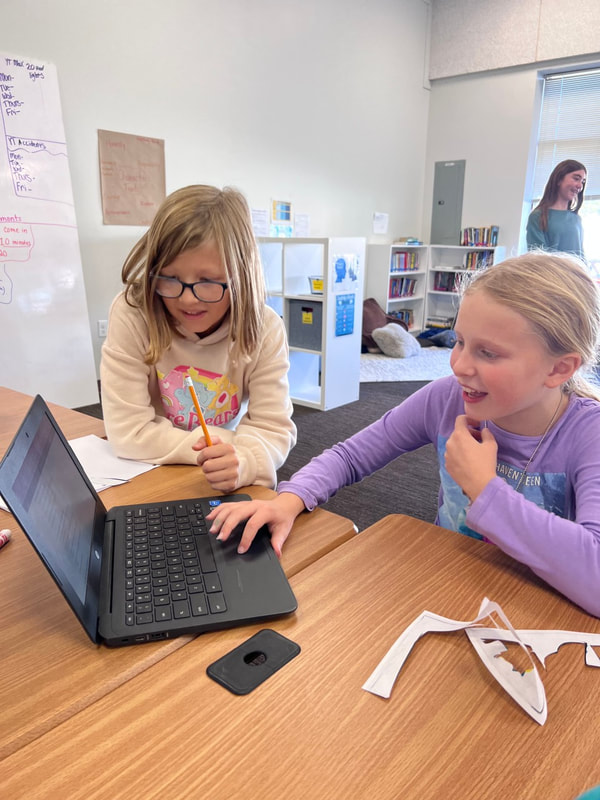
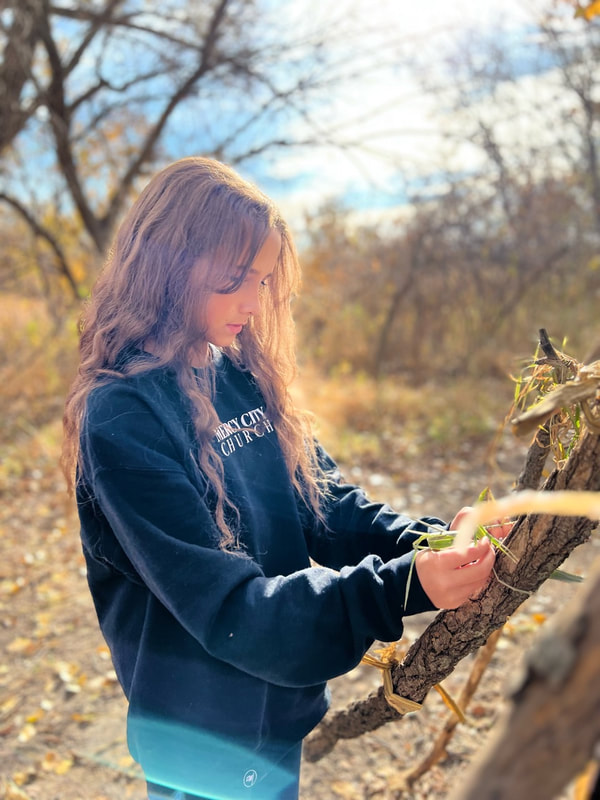
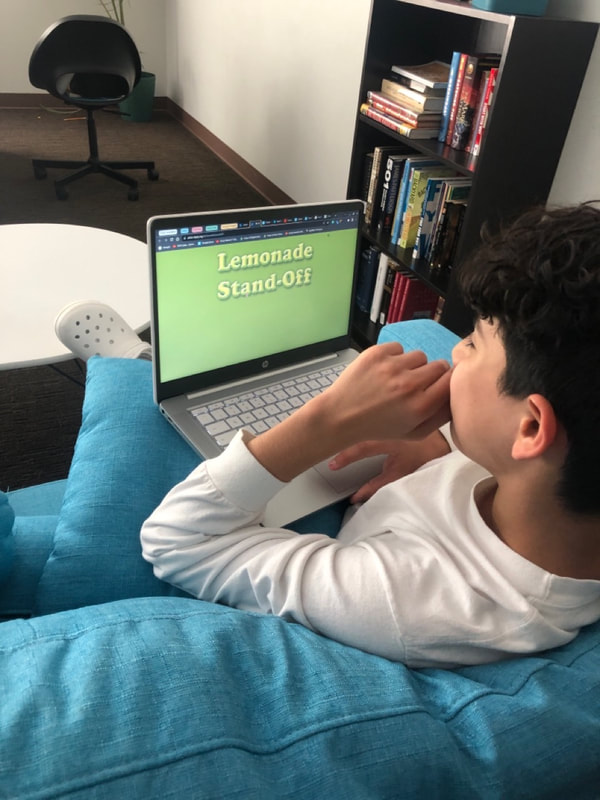
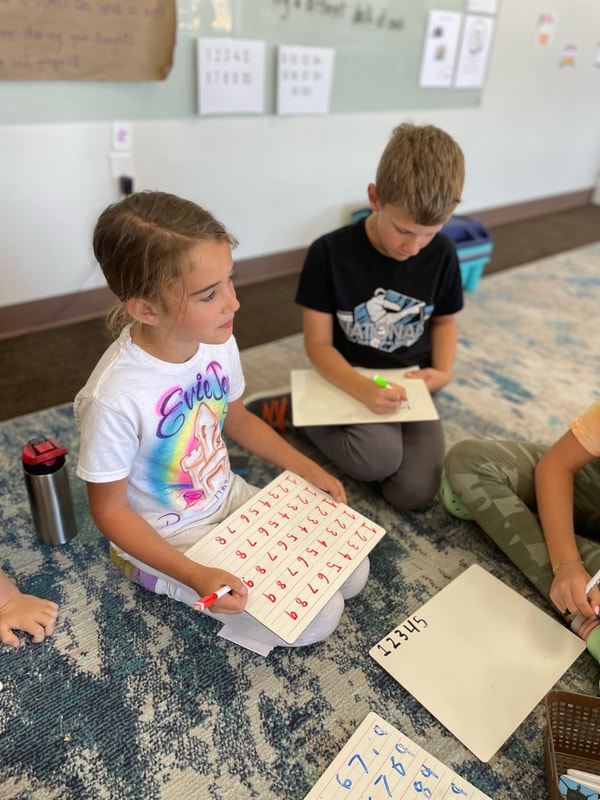

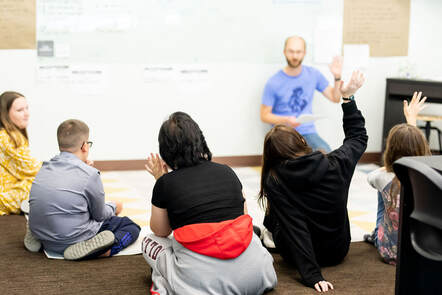
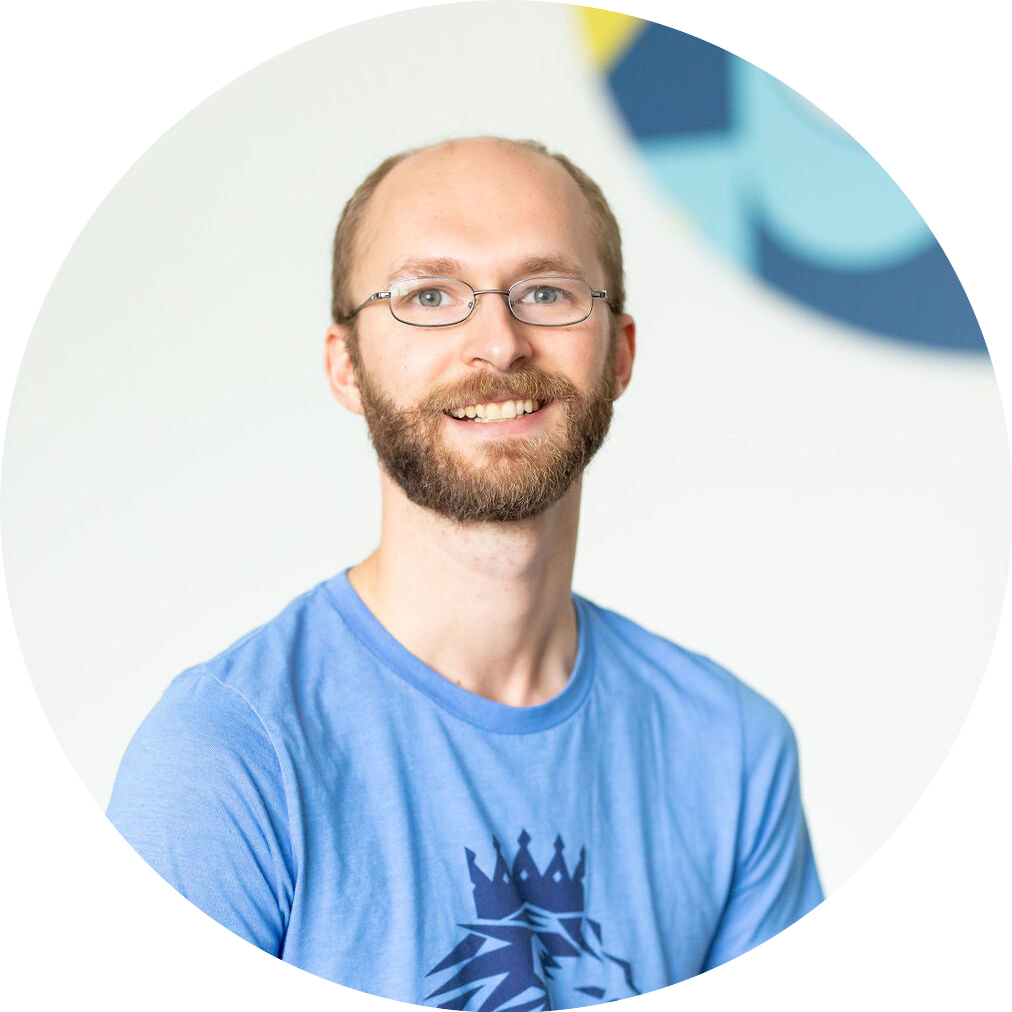

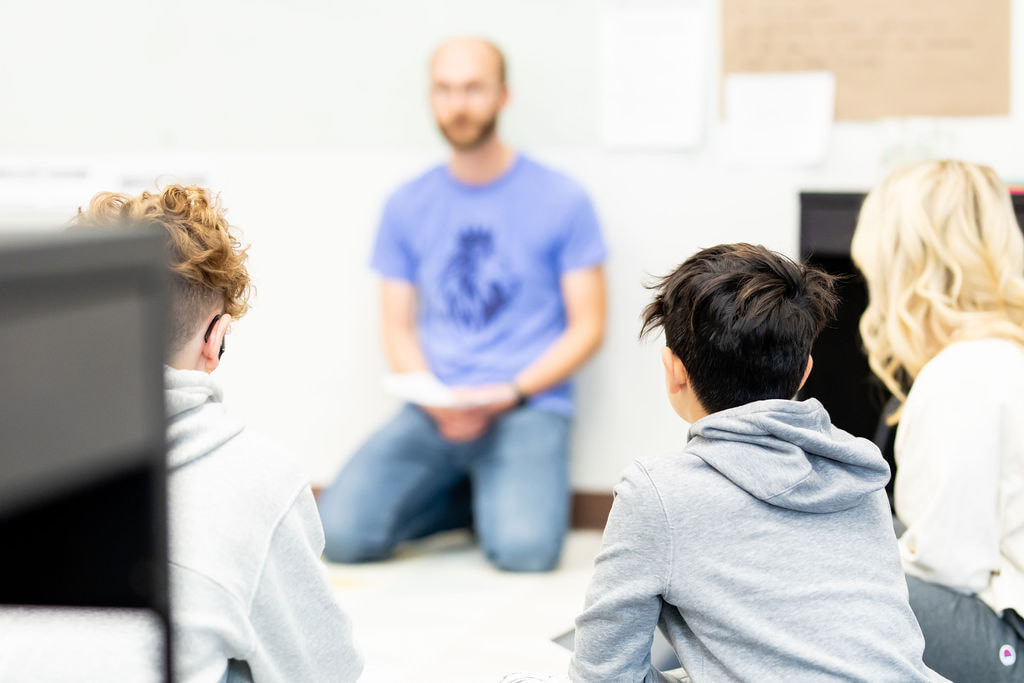
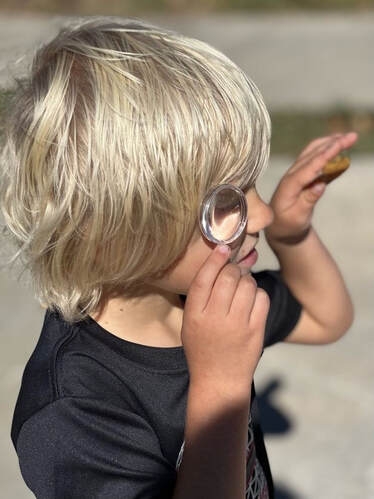
 RSS Feed
RSS Feed


